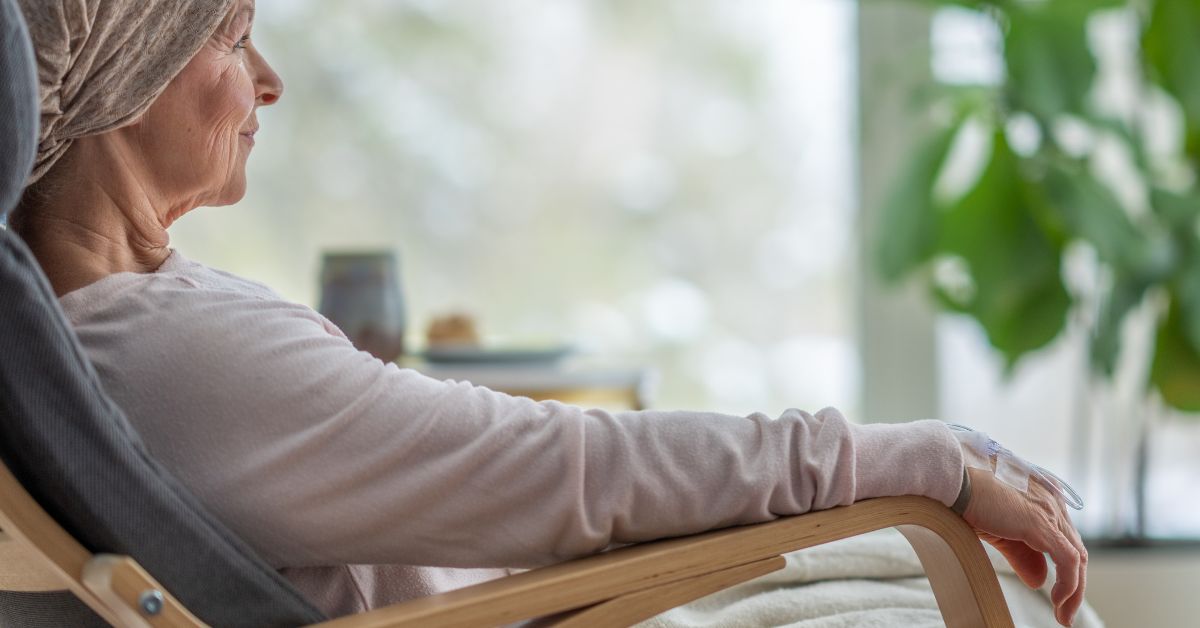New studies show that cancer treatment, due to the drugs used, has a direct impact on patients' cardiovascular health.
The two most commonly used substances, for example, have a cardiotoxicity rate of up to 27%.
This shows oncologists and cardiologists the great importance of medical follow-up during and after cancer treatment.
Read on and find out more about the studies that show the relationship between cancer treatment and cardiovascular health!
What is the relationship between cancer treatment and cardiovascular health?
New research, one published by the Brazilian Society of Cardiology and the other in the medical journal Cancer, shows that the relationship between cardiovascular health and cancer treatment is greater than expected.
According to Marcelo Queiroga, president of the SBC, recent studies of 63,566 breast cancer patients show that 15.1% of all deaths were due to cardiovascular causes.
These deaths occurred up to eight years after cancer treatment and are more recurrent in patients who were diagnosed at more advanced stages of the disease and in women over the age of 75.
This figure is extremely worrying, given that death from breast cancer itself also has a fatality rate of 15%.
Another study, also published in the medical journal Cancer and carried out on more than 183,000 breast cancer patients, points out that the biggest cause of death for these patients, other than the cancer itself, is heart problems, both over and under 10 years.
According to the SBC, this is directly linked to the medications that are used, the most common of which are the following:
Anthracyclines
Anthracyclines are natural antibiotics widely used in the treatment of cancers, since they interfere with cell division.
Also according to the SBC, the largest Brazilian clinical trial that analyzed cardiotoxicity by this drug indicated an incidence of 14%.
There are already publications that study the use of Carvedilol to reduce the cardiotoxicity of anthracyclines.
Trastuzumab
Trastuzumab is a drug that has revolutionized the fight against cancer in HER2-positive patients.
Its cardiotoxicity rate varies between 4% and 27%, with the maximum value when administered with anthracycline and cyclophosphamide.
Radiotherapy
Radiotherapy is also linked to cardiovascular health.
A study of 2165 breast cancer patients treated with radiotherapy found that 21.5% of the women had developed cardiovascular disease 7 years after starting treatment.
How to promote cardiovascular health in cancer patients?
The best way to promote cardiovascular health in cancer patients, both during and after treatment, is by raising awareness of the cardiotoxicity of drugs among both oncologists and cardiologists.
Through periodic consultations and regular examinations, it is possible to identify cardiological diseases in their early stages and devise the best treatment methods before the patient dies.
It is also important to note that studies show that these effects on cardiovascular health are not always seen immediately after treatment, but last for more than 10 years, which further reinforces the importance of continuous monitoring.
Current tests also need to be adapted so that cancer patients can be more comfortable during their treatment and recovery.
You can count on Quoretech for that! We have developed a very comfortable and discreet ECG monitor that enables faster and more accurate diagnoses.Contact us at and find out more about our equipment.



